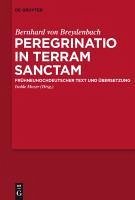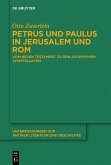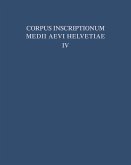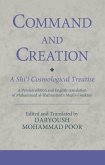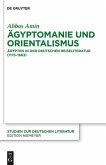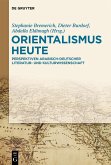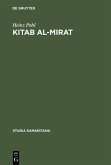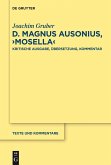The incunabulum Peregrinatio in terram sanctam by Bernhard von Breydenbach, which appeared in 1486, is the first printed and illustrated travelogue. It provides one of the most important sources for studying medieval contact between religions on the threshold of the Modern Age. Besides sketches in the form of diary entries, theological reflections and precise observations of countries and peoples, the text also contains an agitational polemic on Islam, which bears witness to the horror felt in Christendom at the Turkish conquest of Constantinople. The present edition is the first to present the complete Early New High German text with a translation.
Dieser Download kann aus rechtlichen Gründen nur mit Rechnungsadresse in A, B, BG, CY, CZ, D, DK, EW, E, FIN, F, GR, HR, H, IRL, I, LT, L, LR, M, NL, PL, P, R, S, SLO, SK ausgeliefert werden.

